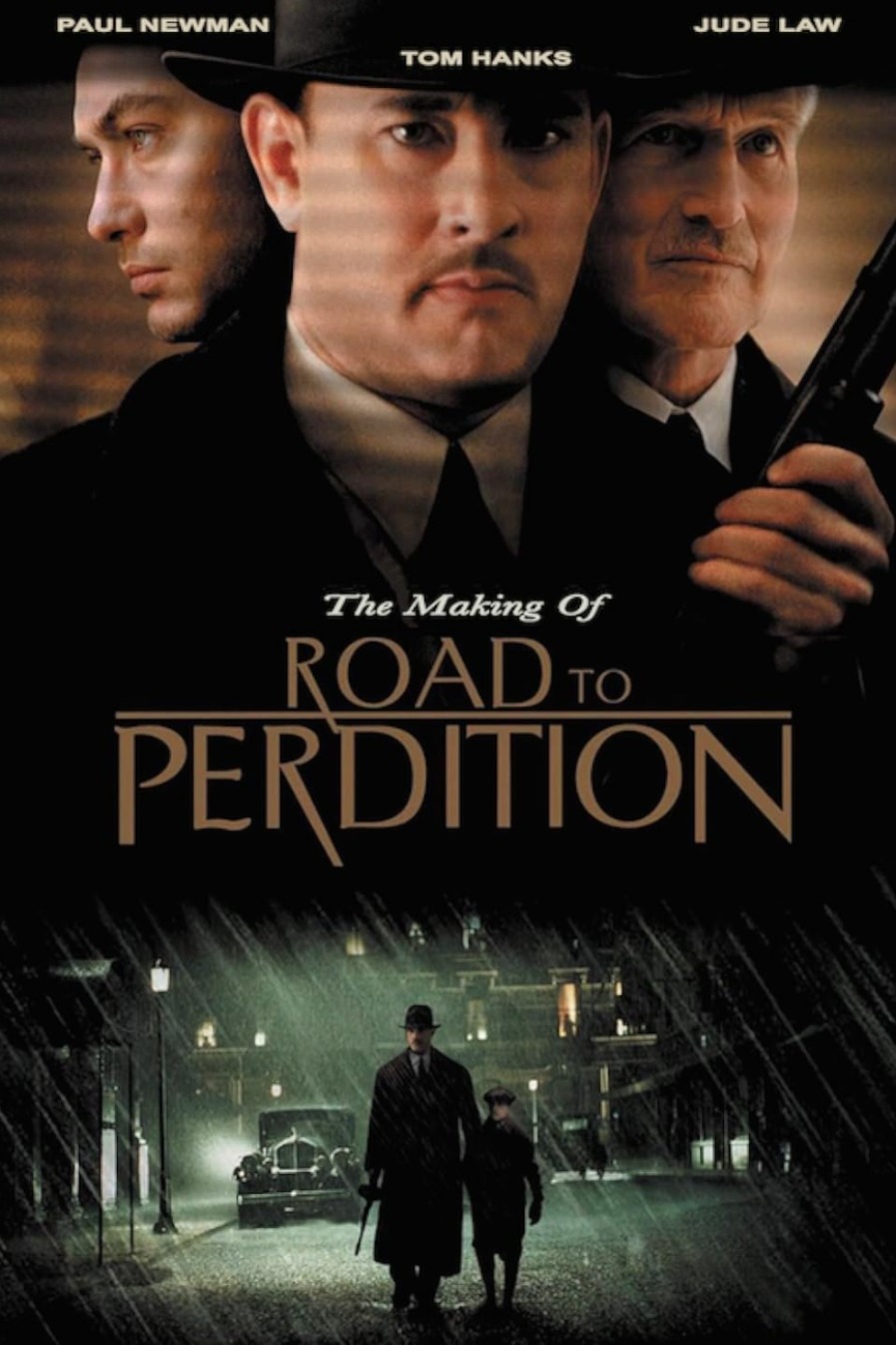Jill Bilcock
Biography
Jill Bilcock is an esteemed Australian film editor recognized for her dynamic and innovative editing style. Her work has significantly influenced contemporary cinema, particularly in the way music, rhythm, and narrative are integrated to enhance storytelling. Throughout her prolific career, she has collaborated with some of the most notable directors in Australia and around the world.
Early Life and Background
Jill Bilcock was born in Melbourne, Australia. She pursued her passion for the visual arts and storytelling by studying at the Swinburne College of Technology, which later became part of the Victorian College of the Arts. Initially interested in graphic design and film production, she soon gravitated toward film editing, a field where she would make her lasting mark.
Career Highlights
Bilcock first gained attention in the Australian film industry with her work on Strictly Ballroom (1992), directed by Baz Luhrmann. Her energetic editing style played a crucial role in the film’s success, blending classical narrative structure with bold, modern visuals. This marked the beginning of a long-standing collaboration with Luhrmann.
She went on to edit Romeo + Juliet (1996) and Moulin Rouge! (2001), both of which received critical acclaim for their innovative storytelling techniques and fast-paced, stylistic editing. Her work on Moulin Rouge! earned her an Academy Award nomination for Best Film Editing, as well as international recognition for her ability to craft rhythm and emotion through rapid cuts and visual flow.
Beyond her collaborations with Luhrmann, Bilcock edited a wide range of films across genres, including Elizabeth (1998), Japanese Story (2003), and Road to Perdition (2002, as an additional editor), showcasing her versatility and precision.
Editing Style and Legacy
Bilcock is known for her rhythmic editing, particularly her use of montage and her ability to match visual cuts with musical beats. Her style often enhances the emotional impact and pacing of a film, drawing audiences deeper into the story. She has been instrumental in shaping modern Australian cinema and continues to be an inspiration to editors worldwide.
Recognition
Over the years, Jill Bilcock has received numerous accolades, including multiple Australian Film Institute (AFI) Awards. She is also the subject of a documentary, Jill Bilcock: Dancing the Invisible, which explores her creative process and contributions to cinema.
Jill Bilcock’s work has left a powerful imprint on both national and international filmmaking. Her innovative approach and dedication to the craft of editing have earned her a distinguished place among the greats in film history.


